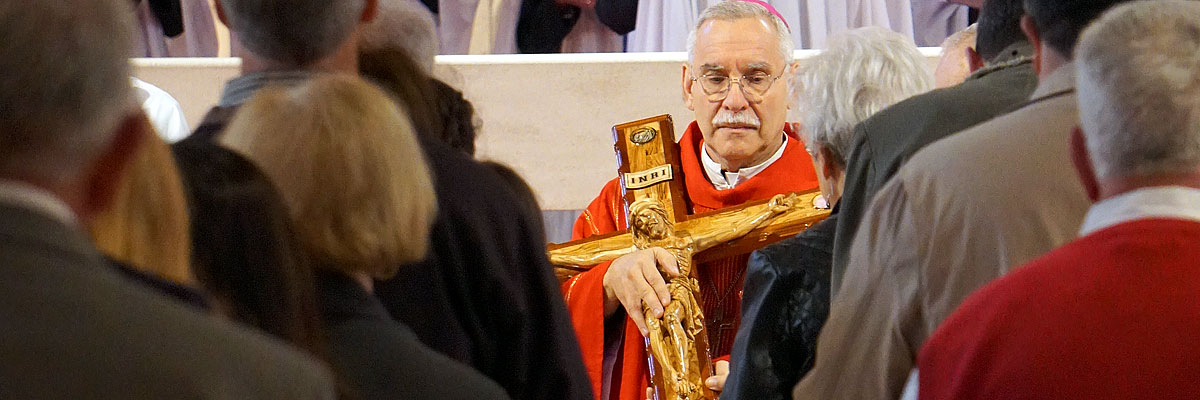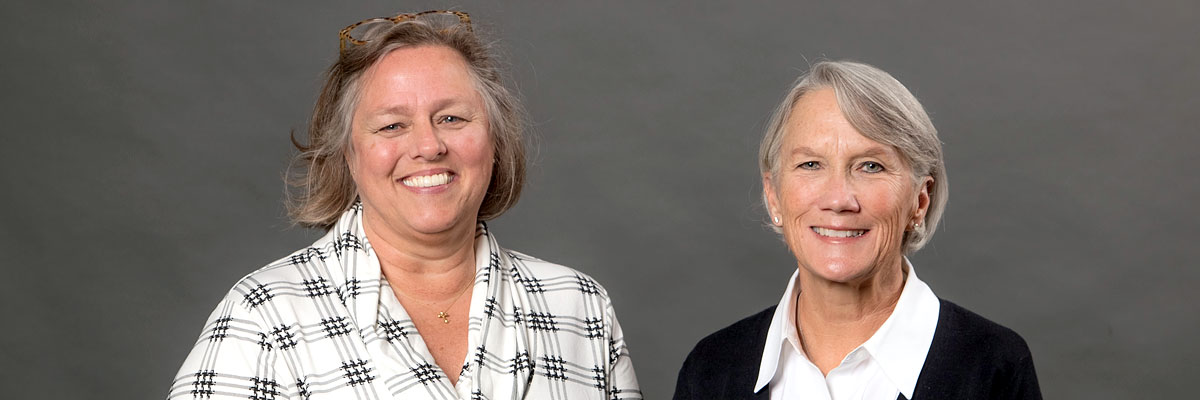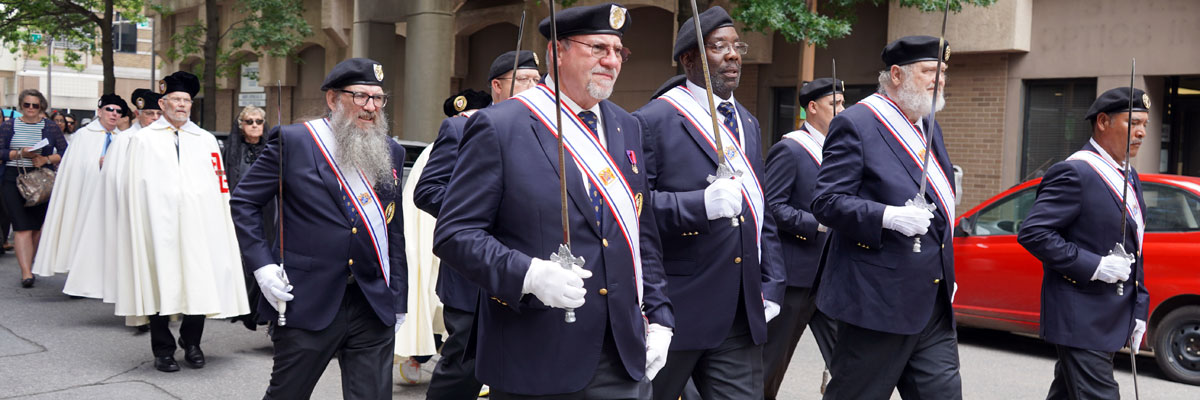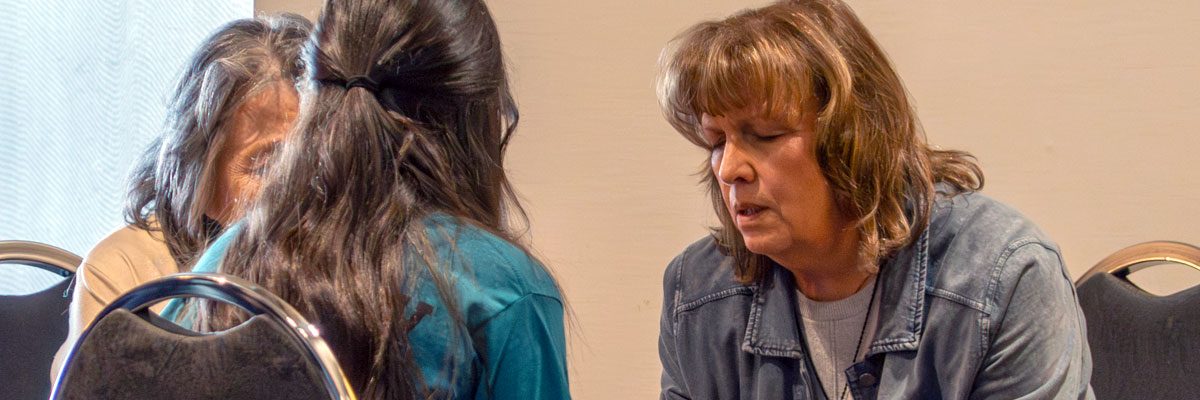Official Website of the
Catholic Diocese of Little Rock
Feast of St. Ignatius of Antioch, Bishop, Martyr
Published: October 17, 2016
Bishop Anthony B. Taylor preached the following homily during the travelers’ Mass for the Equestrian Order of the Holy Sepulchre of Jerusalem at the Statehouse Convention Center in Little Rock on Monday, Oct. 17, 2016.

Bishop Taylor
When a priest is ordained, it is customary for him to have a first Mass in his home parish, and it just so happened that the Gospel reading for my first Mass was the same Gospel as you just heard today. Meaning that it was with the parable of the Rich Fool that my ministry began.
Since none of you were there, I thought I would share with you parts of my message from 36 years ago because that Gospel has marked my ministry ever since. Here goes:
Today's Gospel starts with the younger of two brothers complaining that the older brother refuses to give him his share of their inheritance. The elder brother would rather leave the inheritance undivided — such joint ownership was highly esteemed in those days, as it would be today.
So long as a person centers his life on his own struggles for self-sufficiency and forgets those in need and the God who has made all this possible — so long as a person aggressively affirms himself, his desire will always be to get more. This attitude, against which we all have to struggle, is the very reverse of Christianity.
The younger brother has other ideas though, so he appeals to Jesus. Jesus for his part however, refuses to give a decision, primarily because he considered the possession of property to be irrelevant to the message of the coming of the Kingdom that he had come to proclaim — not evil, simply of no importance.
What is important is our relationship with God — and riches can affect that relationship, and it is this that Jesus is warning us about.
To make his point of how riches can harm our relationship with God, Jesus tells us the parable of the Rich Fool. There was a farmer whose land was so fertile that it produced more grain than his barns could hold. He became proud in his self-sufficiency and built even bigger silos for his grain and for all the riches he was able to buy with that grain.
He felt more and more self-sufficient, and saw himself as the self-made man. He got to where he was by his own hard work — rags to riches — he laid back plenty for a good retirement, looking forward to many years of the "good life"— eating, drinking, being merry.
Jesus calls this man a "fool". Why? He sounds to me like a responsible provider for his family, a man in control of his destiny. Why does Jesus call this man a fool? The reason this man is a fool is that he let the very riches that God had given him separate him from God.
In his feelings of self-sufficiency, he counts his prosperity to be primarily the result of his own hard work. In his planning for his future retirement, the "good life" that he thought lay before him, he forgot to take God into account.
He was blind to the threat of death hanging over his head, and this blindness was due to the fact that he had made himself (not God) but himself the measure of all things. And so he couldn't (wouldn't) look beyond the present life, over which we do have some control, to the day of judgment and the life beyond.
There is an old proverb that said that "money is like sea-water, the more a person drinks, the thirstier he becomes." So long as a person centers his life on his own struggles for self-sufficiency and forgets those in need and the God who has made all this possible — so long as a person aggressively affirms himself, his desire will always be to get more. This attitude, against which we all have to struggle, is the very reverse of Christianity.
Christianity affirms that true happiness comes from giving, from pouring ourselves out for others, from centering our lives on Christ, who gave and gave of himself all the way to the cross and burial in the holy sepulchre -- Christ whose Body and Blood we will eat and drink in just a few minutes.
This is what Christ came to teach us. This is the truth into which all of us have been baptized. This pouring of ourselves out for others is at the center of our lives as Christians and at the heart of the witness of St. Ignatius of Antioch, whose feast we celebrate today.
He was arrested in a time of persecution for confessing Christ and was executed in the Roman Colosseum. Jesus Christ, not money, not ourselves ... only Jesus Christ is the true heart and center of our lives.









